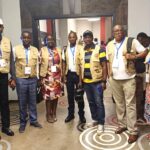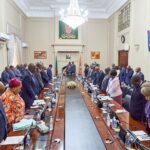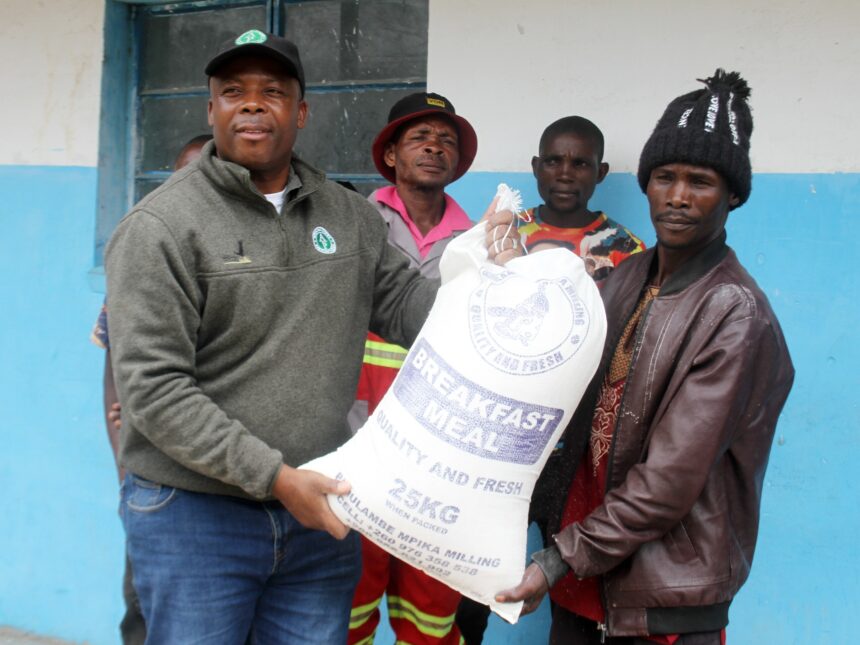African Parks has rolled out a food relief program aimed at supporting local communities in the Bangweulu Wetlands while enhancing wildlife conservation efforts in the area. Over 15,000 bags of mealie meal, worth US$30,000, will be distributed to an estimated 12,000 households between January and April 2025.
The initiative comes at a critical time, following last year’s drought and the annual fishing ban imposed on December 1. These challenges have heightened food insecurity among the estimated 60,000 residents in the wetlands, increasing the risk of poaching and illegal fishing in the game management area (GMA).
Relief Food Distribution
Speaking ahead of the distribution in Muwele village, Bangweulu Wetlands Community Development Manager, Lloyd Mulenga, highlighted the importance of the relief program.
“Our programme here is just to help the local people with relief food,” Mulenga said.
He added that the first consignment of 2,548 25-kilogramme bags of mealie meal will be distributed across six chiefdoms, including those of Chiefs Kabinga, Kopa, Bwalya-Mponda, Chitambo, Chiundaponde, and Nsamba.
“This is an alternative to helping our people instead of going poaching and also doing illegal fishing. As someone who is working with the community, we feel this is important to help our people,” he explained.
Conservation Milestones in Bangweulu Wetlands
African Parks has been managing the Bangweulu Wetlands since 2008, making significant strides in wildlife conservation. Notable achievements include the increase of the black lechwe population from 15,000 in 2008 to 42,000 currently. The area has also seen the successful reintroduction of cheetahs and serval cats between 2020 and 2021.
Efforts to preserve the globally endangered shoebill bird population have been bolstered through the Shoebill Management Plan, which includes the construction of a captive rearing facility for the semi-aquatic bird.
Community Impact
Local leaders, such as Chief Kabinga, have praised African Parks for their efforts, emphasizing the critical role wildlife conservation plays in the community’s future.
“Wildlife is something that if you do not conserve, given five years there will be nothing. So it is very important that wildlife is conserved for the future generations,” Chief Kabinga said.
He also noted the relief program’s timely intervention, given the current economic strain on households in the region. “This has come at the right time. This is the period when our people are under stress. In terms of the household, you will understand that very few people manage three meals a day.”
Lukulu Ward Councillor Alfred Mwape echoed these sentiments, urging local communities to actively participate in conservation efforts to ensure long-term benefits for both wildlife and people.
Broader Conservation Initiatives
In addition to food relief, African Parks has implemented honey harvesting and educational empowerment programs aimed at improving livelihoods and reducing dependence on environmentally harmful practices. These initiatives complement their broader conservation strategy, fostering a symbiotic relationship between local communities and the environment.
The food relief program underscores African Parks’ commitment to addressing the immediate needs of local communities while protecting the biodiversity of the Bangweulu Wetlands for future generations.






